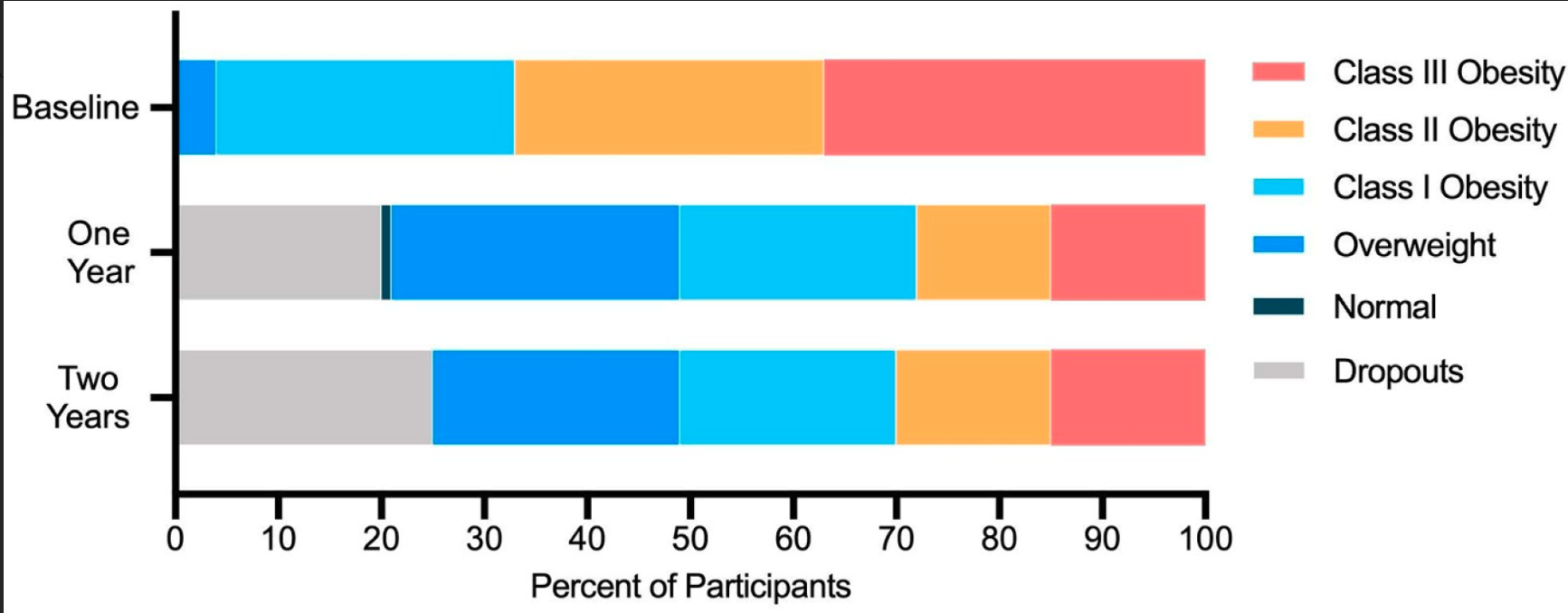When Propaganda Meets Nutrition: The Truth Behind Diabetes Reversal Studies
Sep 23, 2024
Propaganda at its basest form is just an attempt to convince someone of something. In those terms, I've spent much of my career both as an NGO campaigner and as a nutrition coach as a propagandist. For me “good propaganda” is not just propaganda that convinces its target audience to think or do what the writer wants them to. “Good propaganda” should also stick to the truth.
When I was at Amnesty International, this was something that I would often argue with the communications people about. The comms folks just wanted a simple clean straightforward narrative, ideally with "good guys" and "bad guys". But I argued that one can be an effective communicator and a good educator without cherry picking data to support a preconceived narrative. Indeed when you treat your audience like adults and explain some of the nuance, you're more likely to take them with you on a journey towards action.
With that prologue, let's talk about the plant-based religion. More specifically, let's talk about a particular vegan influencer called Chris MacAskill. MacAskill is one of many mainstream nutrition people that I’ve criticised in my videos over the years (most recently here). And to tell you the truth he’s far from the most offensive of them. But this particular video got under my skin.

First of all, the title of the video promises to compare two different diets for diabetes reversal. But in the case of the diet that he’s touting - a specific plant based protocol undertaken by community groups in Northern California - MacAskill does not show us a single instance of diabetes reversal. The intervention is simply not powered to reverse diabetes. We’re talking about a 3 week course at a local community centre, not the kind of multi-year programmes that have shown promise when it comes to diabetes reversal. "Click baiting" is a crime committed by everyone on the internet, I imagine, so I suppose I can't fault him for it.
But the problem comes when MacAskill compares this to a multi-year trial of low-carb diets - the Virta Health study. Now there are plenty of potentially valid criticisms of this study, but the fact that they were able to attract donors and funders to make it happen is not one of them. The way the US health care system works, if you are trialling a new diabetes drug you can have access to near limitless funding. Drug companies are willing to invest a lot on the off chance that a drug will be successful. But who’s going to invest in trials for a non-drug intervention? Who’s going to make money by taking people off their diabetes medications? Finding money for these diet and lifestyle trials is hard work, and the success of Stephen Phinney and team in being able to find the funding should be seen as a good thing. Yet MacAskill goes on about this as if it were what's driving the exorbitant health care costs in the USA (in fact, the Virta method would save money, as I point out in the response video).
Second, in order to compare any two interventions, one has to first understand whether or not the two populations were similar enough to even make a comparison. In the case of the Virta Health study, 100% of the participants were either pre-diabetic or diabetic and 100% of the participants were either overweight or obese with more than 90% being classified as suffering from clinical obesity. All of them were on drugs to manage their diabetes and many of them were injecting insulin.

MacAskill doesn’t share whether the participants in the clinic all had diabetes, but we know from the case studies shared in the video that at least some of them are not even within the pre-diabetes range.
In other words, it’s not an apples to apples comparison. To make matters worse, MacAskill is only interested in sharing some of the outcome information - the A1C reductions - while ignoring other outcomes including a significant reduction in the number of medications the Virta Health patients are taking.
To make matters even worse, the “good” outcomes in the plant based clinic aren’t particularly impressive. One of the participants in the video brags about losing 2 pounds in 8 weeks, a number I find less than inspiring. To give you some kind of reference range, I just met with a client who lost 3 kilos (that’s more than 6 pounds) in two weeks, which is below the average of what I see in my client population. Weight loss isn't everything, but if someone is overweight it is an important outcome to monitor. The clinic results appear to be less than stellar, to say the least.
And by the “expert’s” own admission, the marker in which they see the most improvement isn’t even a diabetes marker, it’s a lipid marker - LDL and total cholesterol. The case study they gave for this one did indeed reduce LDL (which may or may not be a good thing) but also increased their triglycerides. We know from many data points that the triglyceride to HDL ratio is a great predictor of all cause mortality and heart disease. So even the success stories shared within the video may not really be success stories; it seems to me that that person was in better shape before she stepped foot in the clinic.
There’s a lot more to say about this video, and I urge you to check out my response video here. But for now let’s return to the question of propaganda. MacAskill's video is brilliant propaganda. It pushes its narrative in a way that must be very convincing to the lay person. The narrative’s protagonists are given the mic to tell their version of the story. The narrative’s “villains” are the objects of a selective scrutiny. Even better, the heroes don't even know that the villains exist from what I can tell (because they're only villains in MacAskill's mind).
The video is so slick that for those of us who actually know anything about reversing diabetes it gives the game away. MacAskill knows he’s lying. Or if not, he knows that the truth is far more complicated than what he’s telling his audience. Had he been ignorant, I probably wouldn't even be writing this. Ignorance is not a crime. Deliberately misleading people to follow your religion? That's another matter.
In 2024, everyone has a smartphone, everyone has a camera, everyone can tell a story, everyone is a journalist. What is the role of a journalist in 2024? Is it to convert people to a particular religion, be it plant based or low carb or some other dietary religion? Or is it to actually explain the way the world works, given that our understanding is still (and may always be) imperfect so that the viewer can make up her or his own mind?
If you put the religion first, if you say “plant based is always the way” and then manipulate the data in any video you make to boost your religion, at a certain point people will stop taking you seriously. Your audience will always recognise your insincerity and it will hinder your ability to be a good propagandist. If, on the other hand, you explain the current state of the science in a way that doesn’t patronise the viewer and then say something like “despite this and because of that, I still advocate plant-based” people might take you seriously. You might even convince someone.
There’s nothing wrong with having a religion or a worldview. But when your bias dictates the kind of information you put before your audience, you’re no longer a journalist. You’re just a propagandist. And not even an effective one.
🌱 Ready to Find Your Path to Gut Freedom?
Stop trying to solve your Crohn's, Colitis, or IBD alone with conflicting advice. A personalized plan is the fastest way to clarity and relief.
On a free call, you’ll get:
✅ Clarity on your triggers – Identify the dietary and lifestyle factors uniquely impacting you.
✅ A tailored starting point – Get actionable steps to reduce inflammation and calm your gut.
✅ Real answers – Ask anything about your symptoms and healing (no topic is off-limits).
💬 “Working with Sameer gave me a clear path when I felt completely lost. This is the guidance I needed.” – Previous Client
Your personalized plan is a conversation away.

